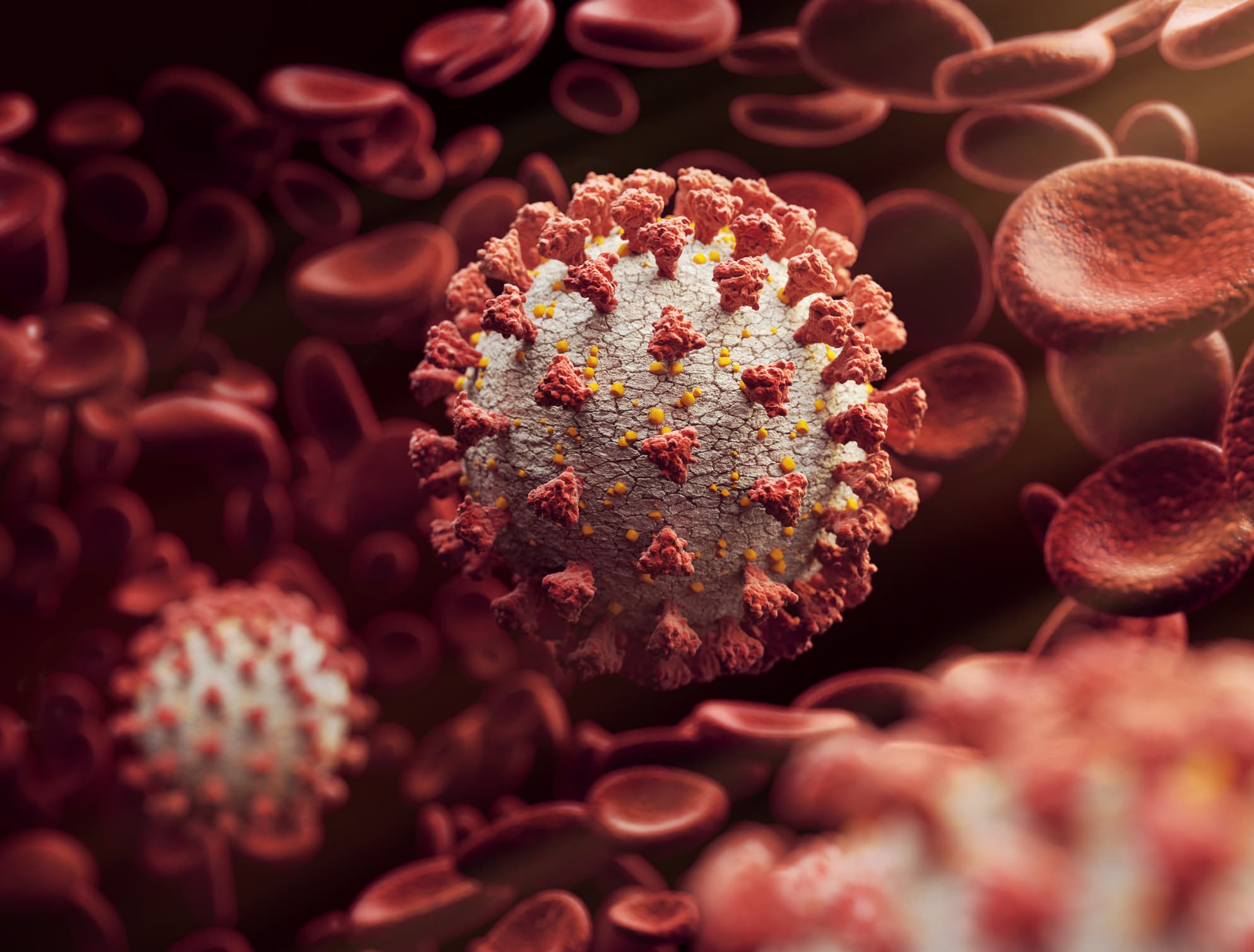
Radoslav Zilinsky | Moment | Getty Images
Scientists at Texas A&M University’s Global Health Research Complex say they’ve detected a new Covid-19 variant that shows signs of a more contagious strain that causes more severe illness and appears to be resistant to antibodies.
The new variant, BV-1, named after its Brazos Valley origin, was found during Texas A&M’s routine coronavirus screening via saliva sample in a young student who had mild cold-like symptoms. The student tested positive for Covid on March 5 and tested positive again on March 25, showing that the new strain may cause a longer infection in younger people. The student’s symptoms resolved by April 2 and a third test on April 9 came back negative.
Texas A&M scientists say that cell-culture based experiments from other labs have shown that several neutralizing antibodies had no effect in controlling other variants with the same genetic markers as BV-1.
“We do not at present know the full significance of this variant, but it has a combination of mutations similar to other internationally notifiable variants of concern,” said Texas A&M Chief Virologist Ben Neuman. “This variant combines genetic markers separately associated with rapid spread, severe disease and high resistance to neutralizing antibodies.”
The scientists also say they have submitted a paper on BV-1 to the Centers for Disease Control and Prevention in Atlanta to alert officials before further spread continues.
The lab has identified many Covid mutations with through its genetic sequencing program, but Neuman said the genetic makeup of this strain is particularly concerning.
“We have not detected any more instances of this variant,” Neuman added. “We have not grown or tested this virus in any way. This announcement is based purely on the genetic sequence analysis done in the lab.”
Lots of U.S. labs only sequence severe Covid cases, but the Texas A&M lab is testing and sequencing asymptomatic students to catch dangerous strains early before they can cause serious illness.
“Sequencing helps to provide an early warning system for new variants,” Neuman said. The scientists at the lab say they do not yet understand the full significance of BV-1, but believe the variant “highlights an important need for rigorous surveillance and genomic testing,” especially among young adults who are asymptomatic or show mild symptoms.
Scientists at the lab say the new variant is related to the B.1.1.7 strain out of the U.K., which current vaccines have been shown to be effective against. The related U.K. strain makes up a majority of variant infection in the U.S.




